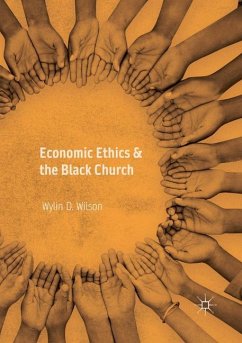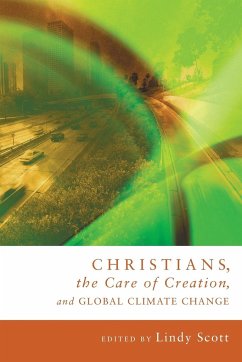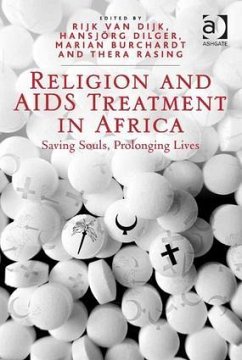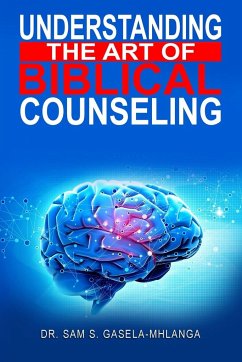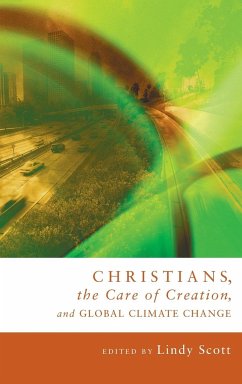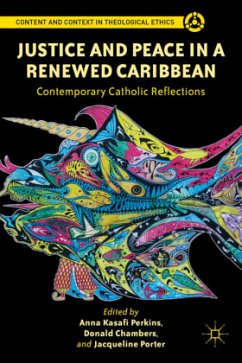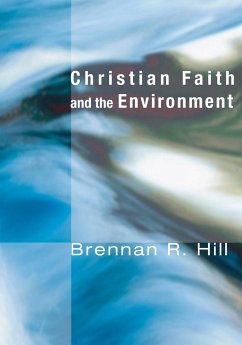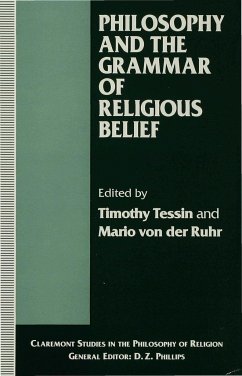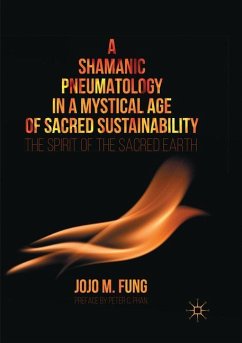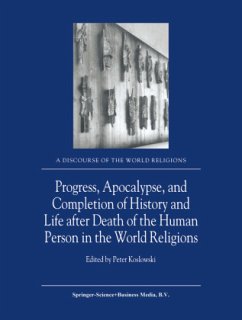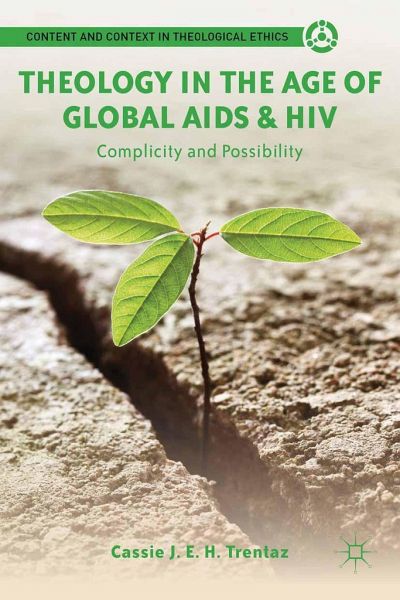
Theology in the Age of Global AIDS & HIV
Complicity and Possibility
Cassie J. E. H. Trentaz
Versandkostenfrei!
Versandfertig in 6-10 Tagen
38,99 €
inkl. MwSt.
Weitere Ausgaben:

PAYBACK Punkte
19 °P sammeln!
Today's shifting discourses regarding life and death are about theology, medicine, economics, and politics as much as they are about life and death. At the heart of one of these discourses is HIV & AIDS, a pandemic that allows for a slippery discussion about its origins and nature. Those who live in the borderland this pandemic creates are often blamed for the affliction; they are seen as 'dirty.' Yet, those who live or work with persons with HIV & AIDS know another story of marginalizing macrostructures that indicate that the issue is as much structural injustice as individual responsibility....
Today's shifting discourses regarding life and death are about theology, medicine, economics, and politics as much as they are about life and death. At the heart of one of these discourses is HIV & AIDS, a pandemic that allows for a slippery discussion about its origins and nature. Those who live in the borderland this pandemic creates are often blamed for the affliction; they are seen as 'dirty.' Yet, those who live or work with persons with HIV & AIDS know another story of marginalizing macrostructures that indicate that the issue is as much structural injustice as individual responsibility. Theology in the Age of Global AIDS and HIV is a courageous and challenging call to look at how dominant theologies have participated in the creation of 'risk environments' for susceptibility to this virus and to act so that our weeping and raging with the suffering helps us learn how to care for one another and be responsible theo-ethicists and global citizens in this age of global AIDS andHIV.



